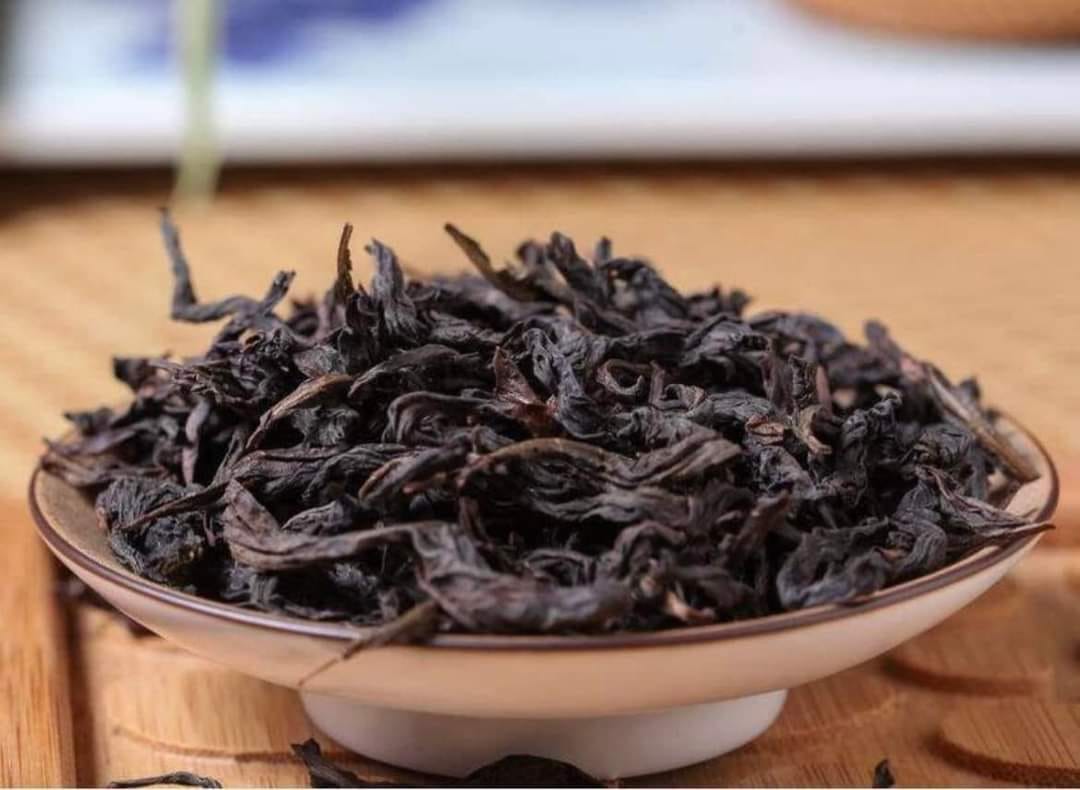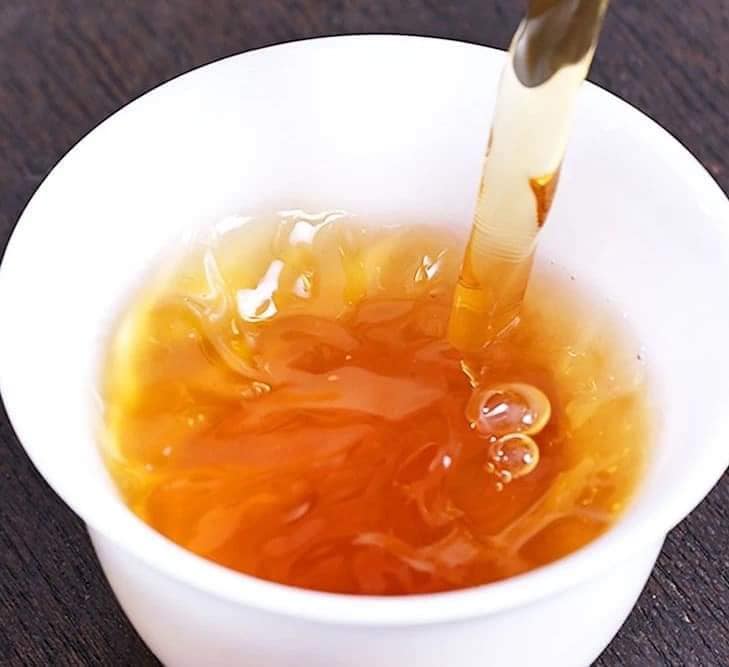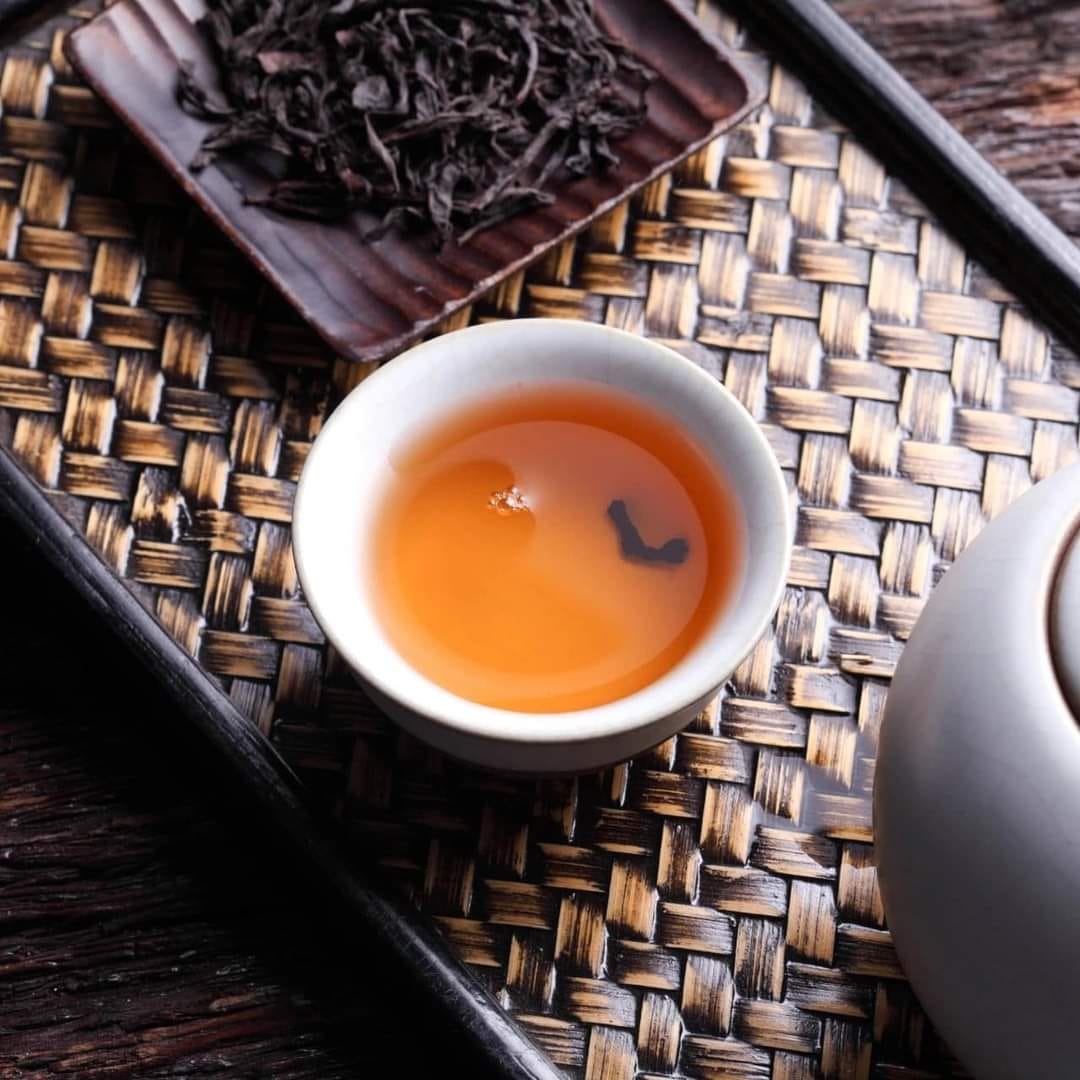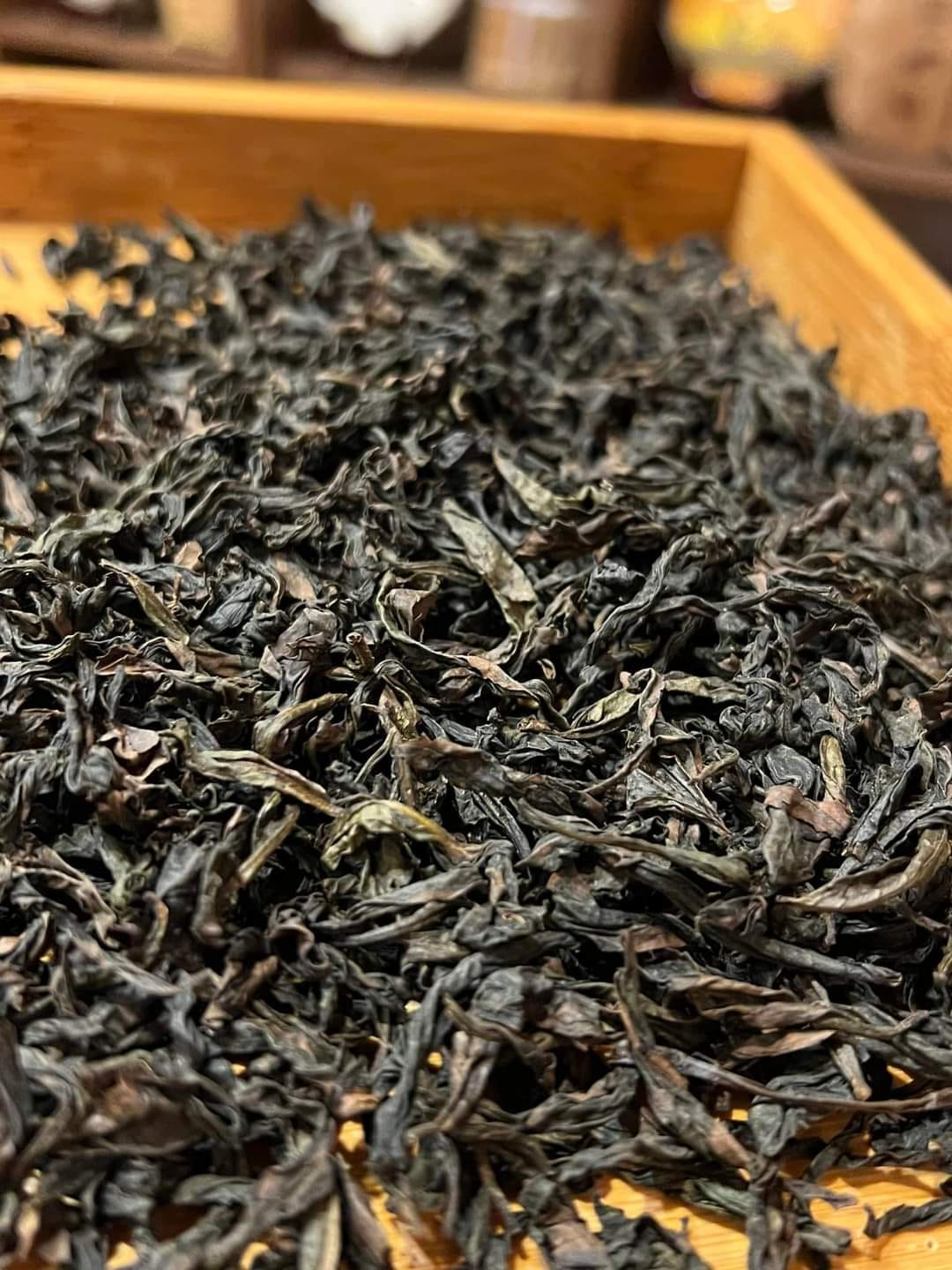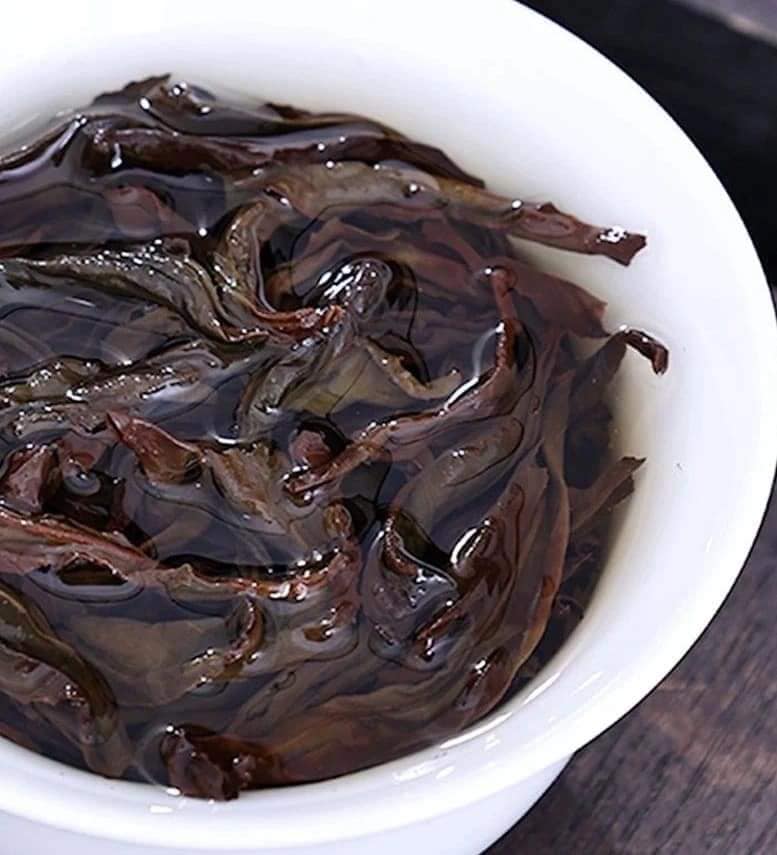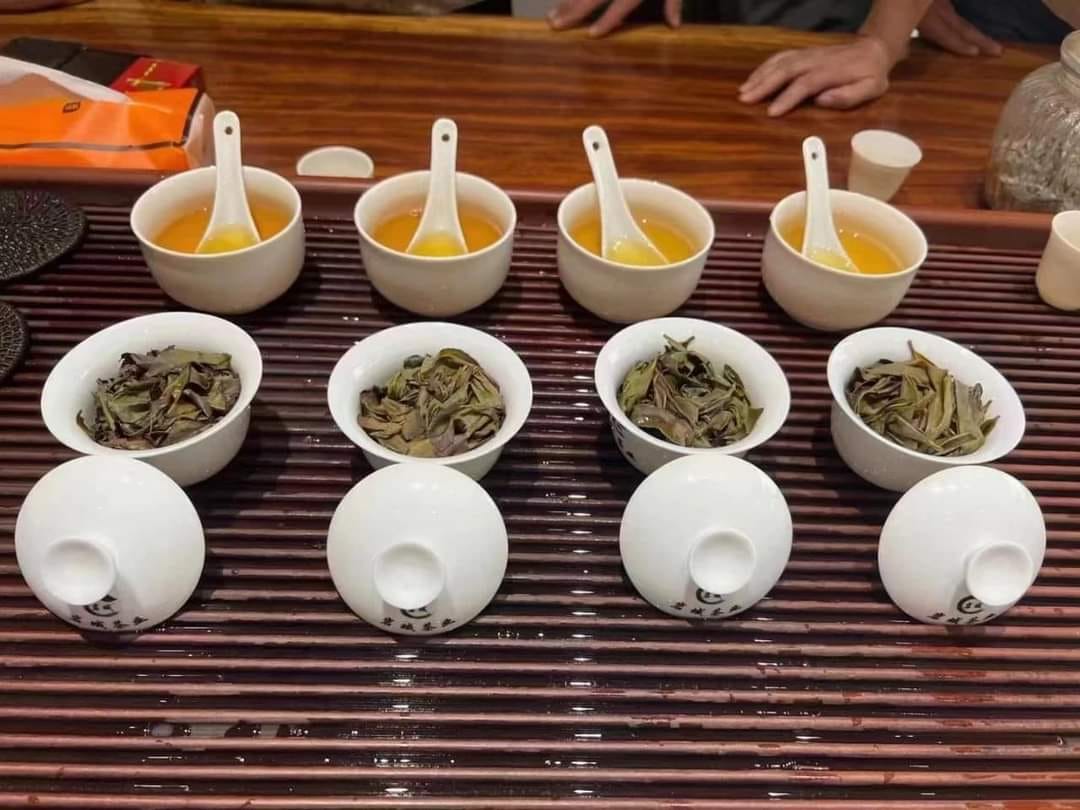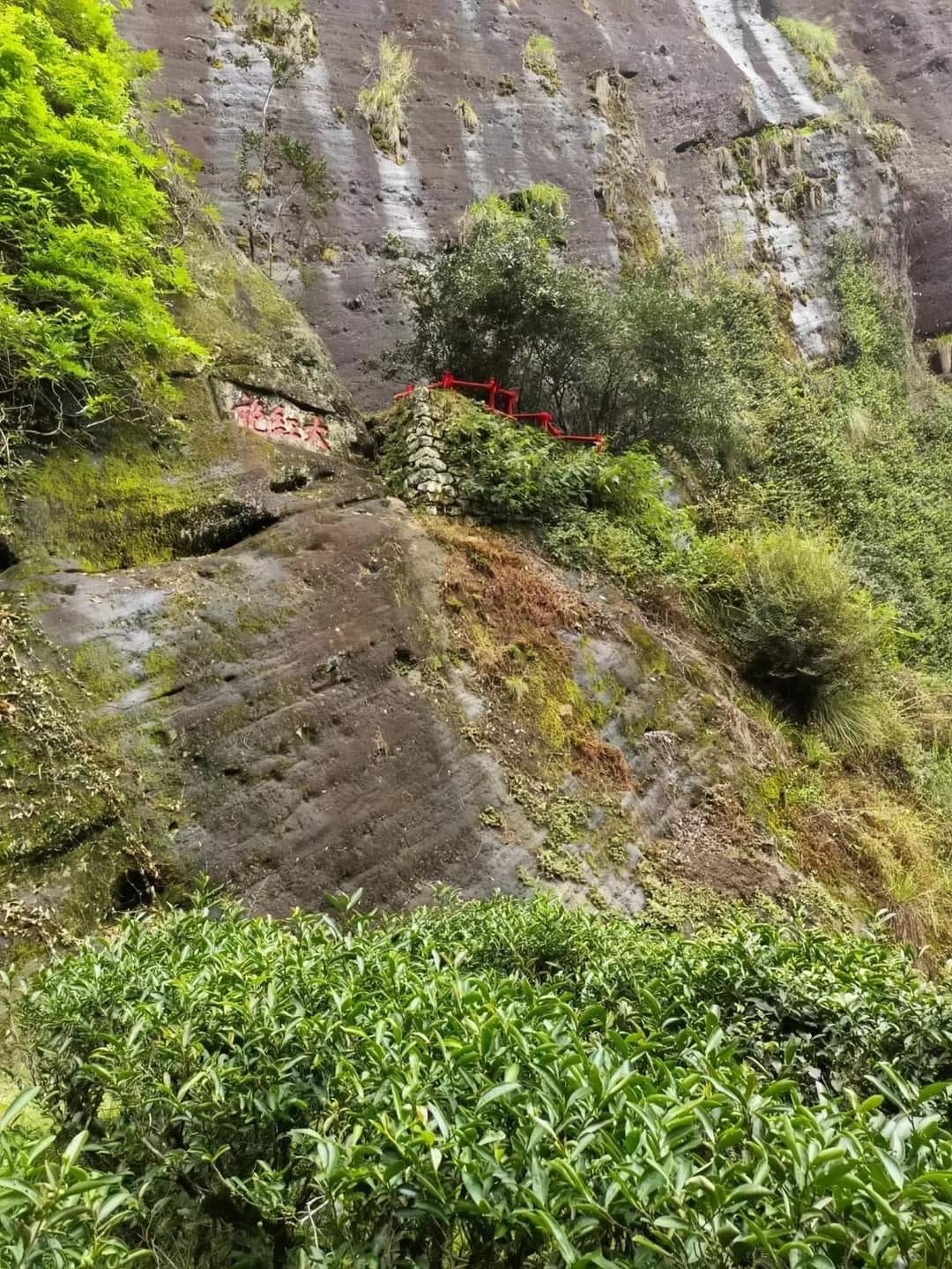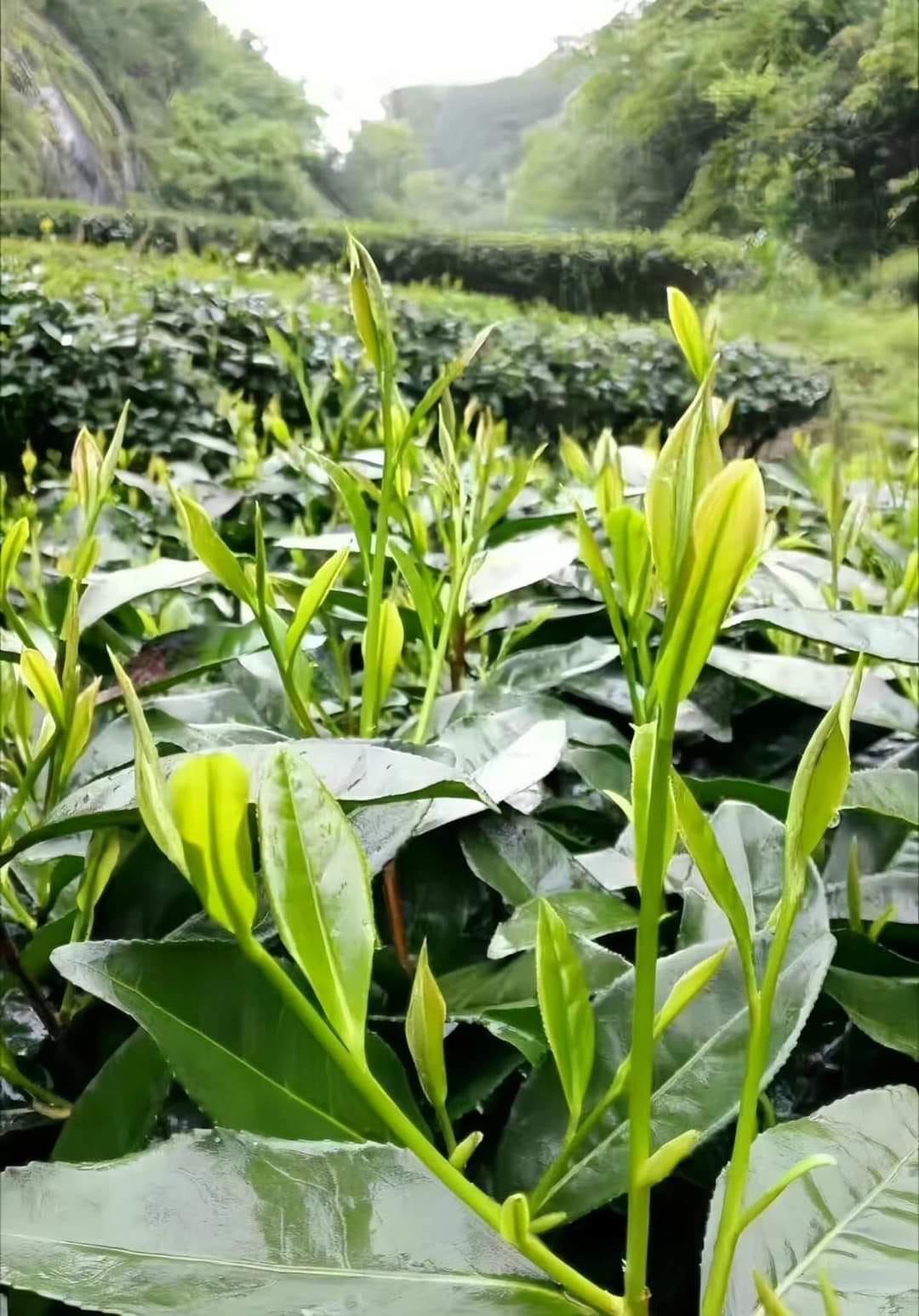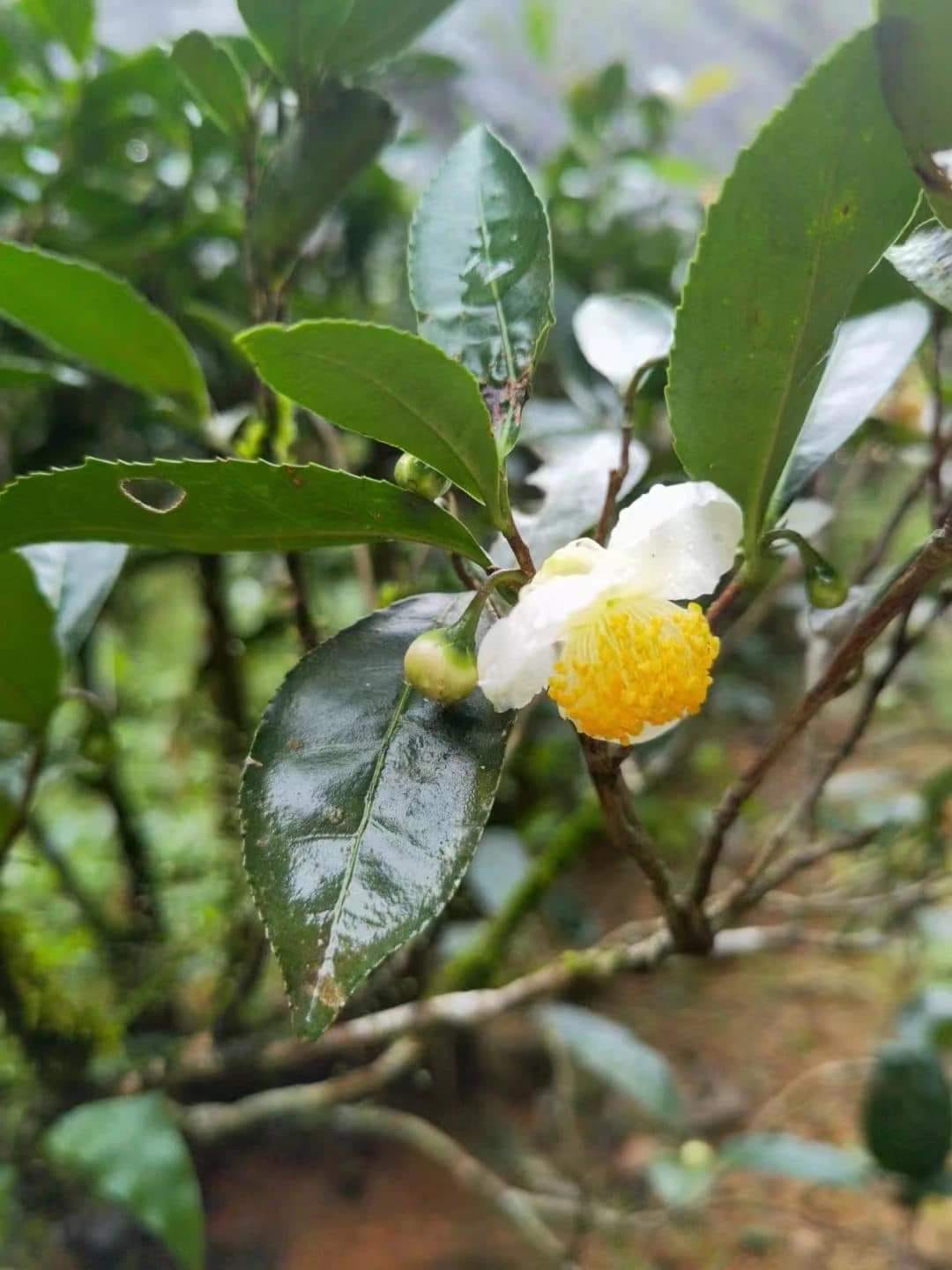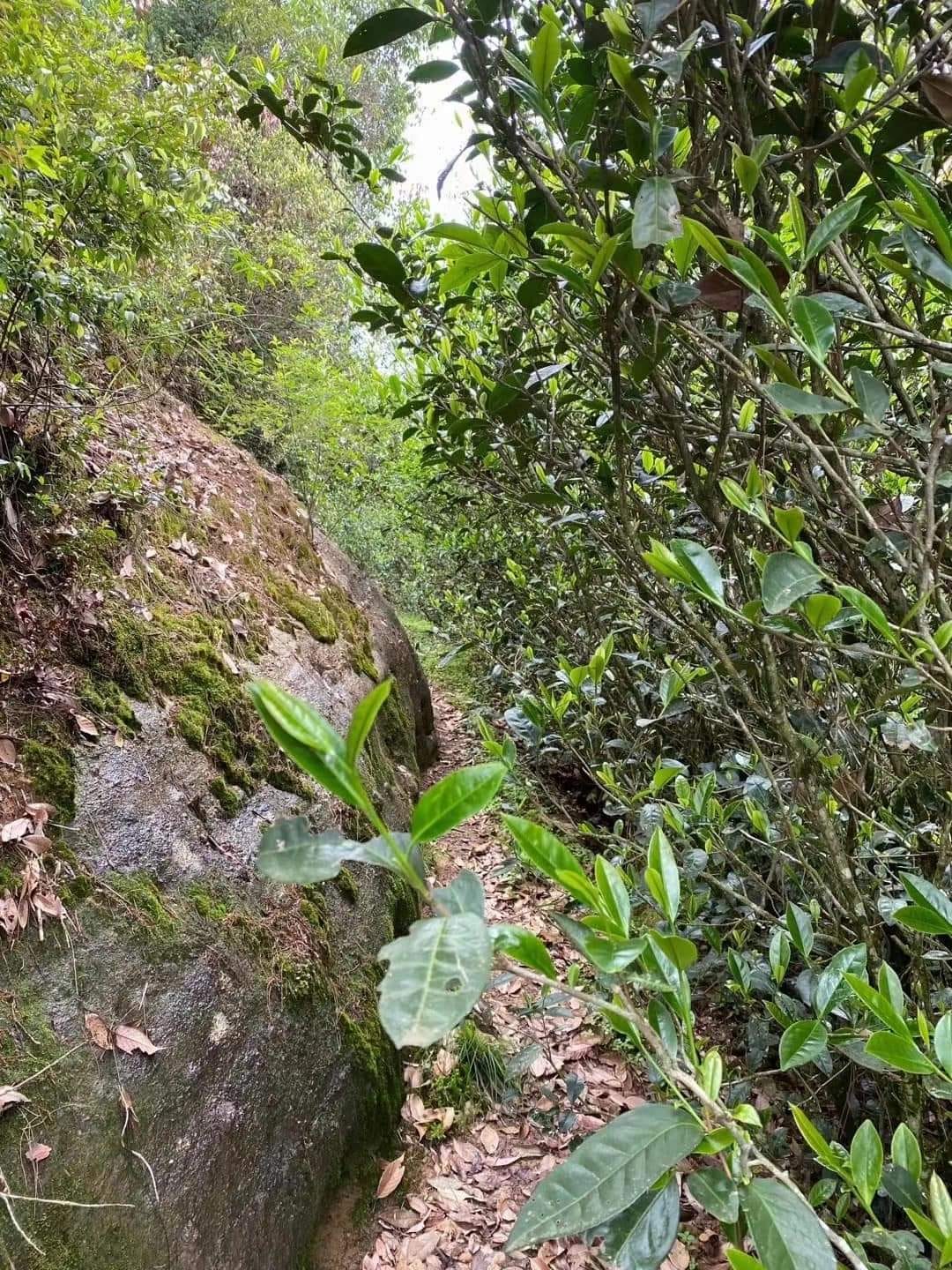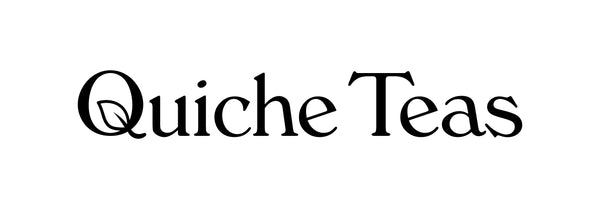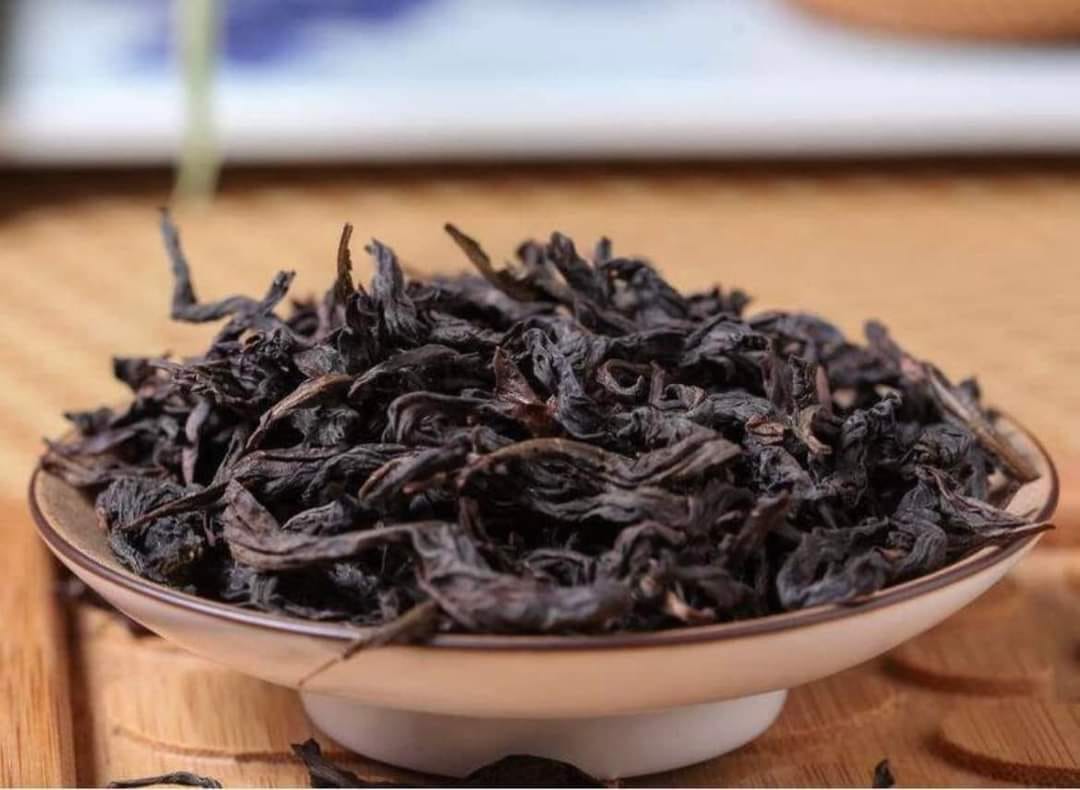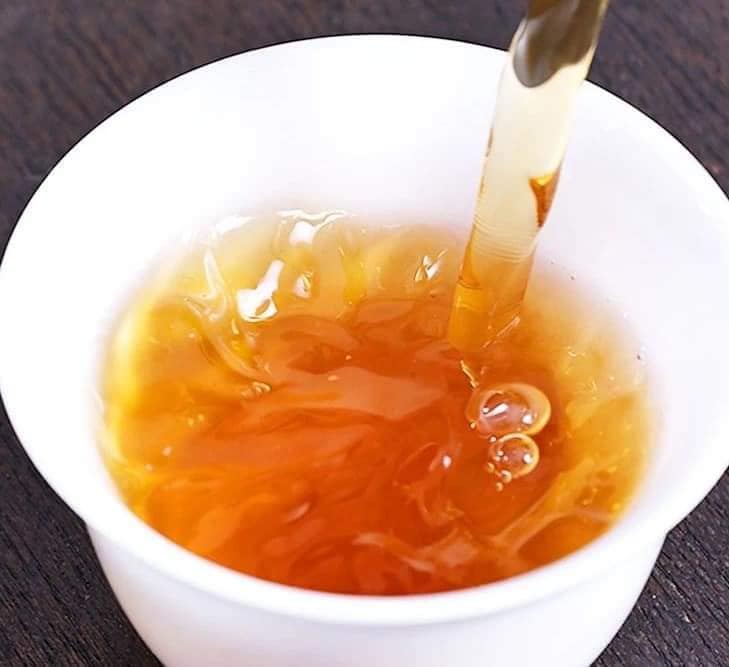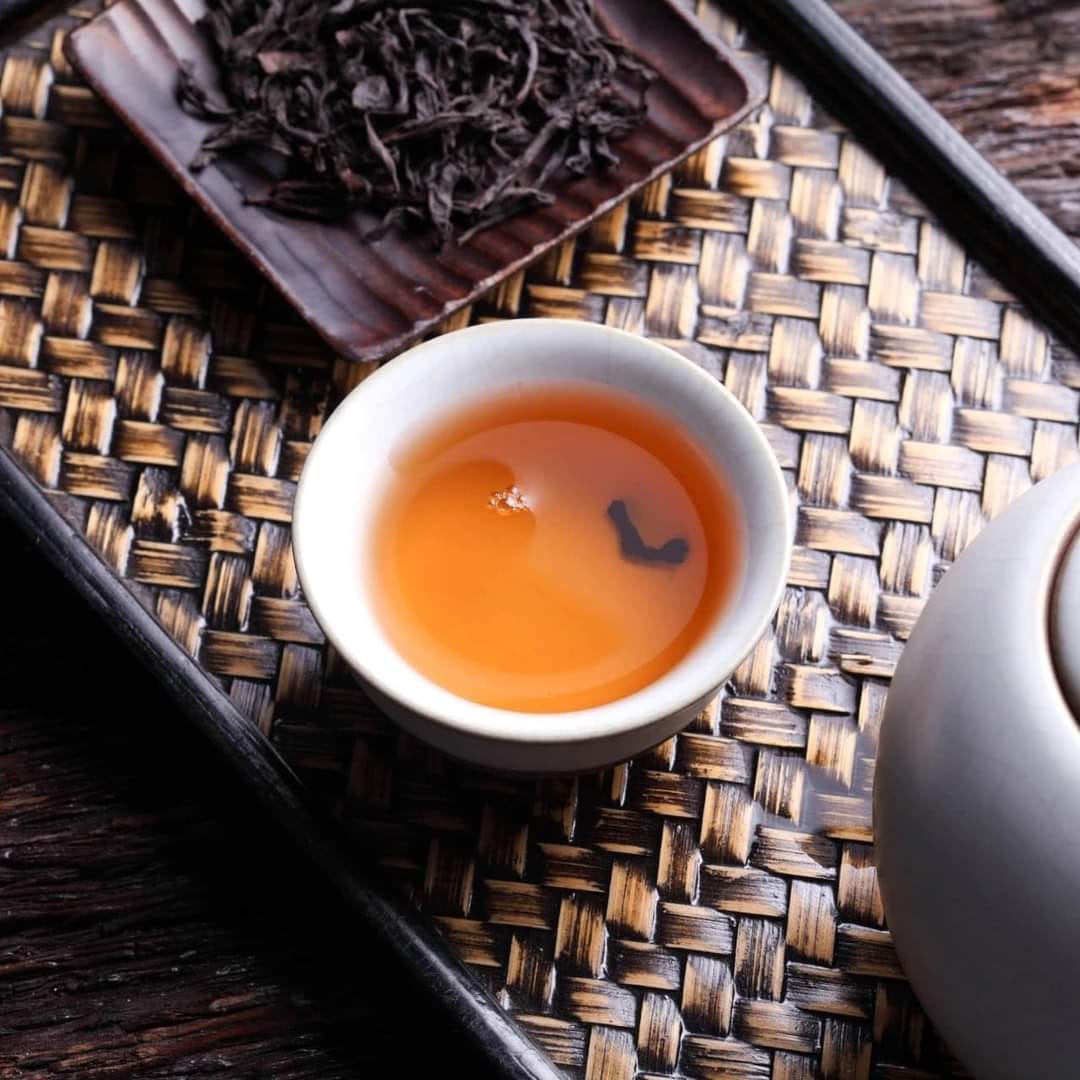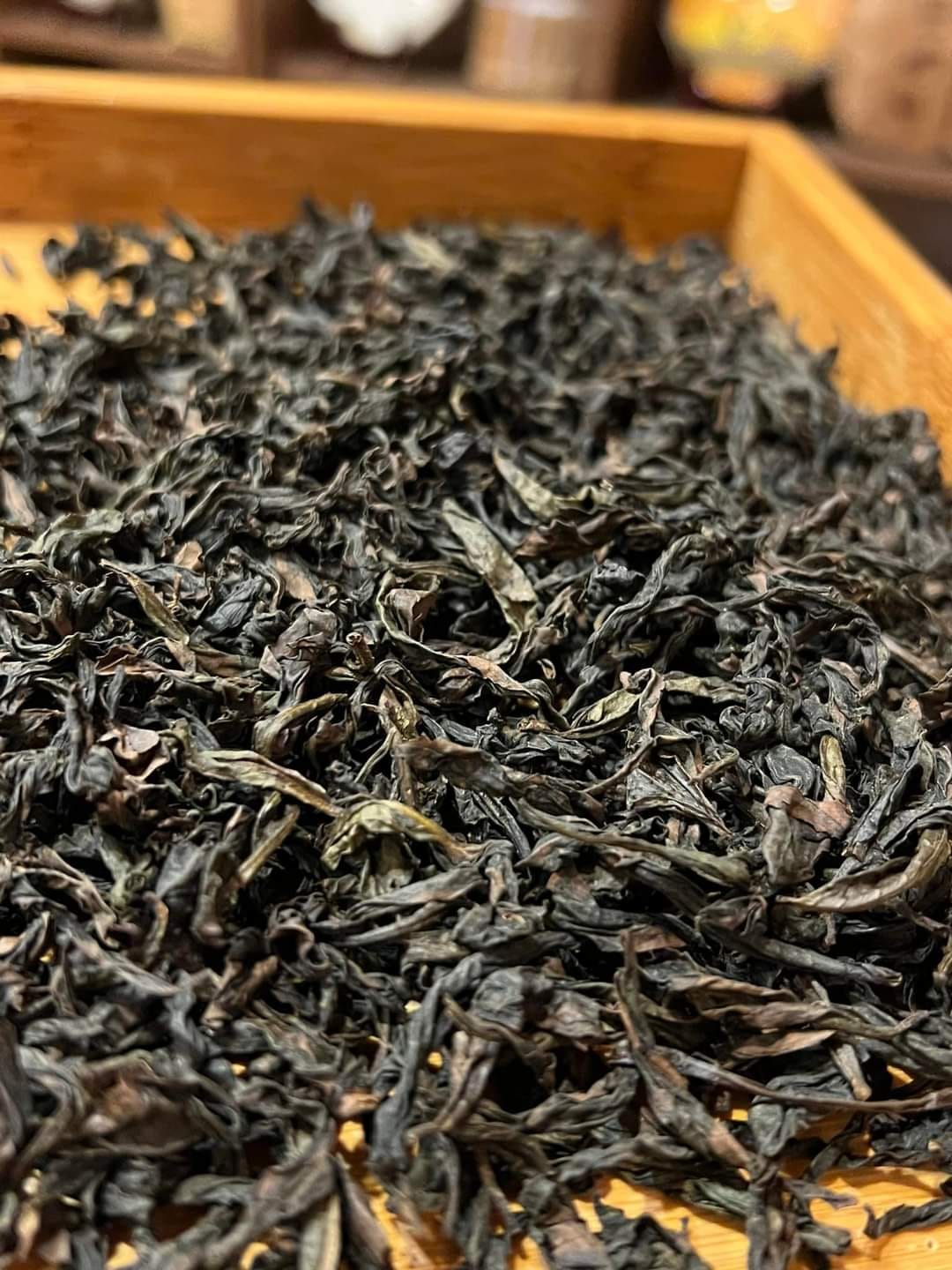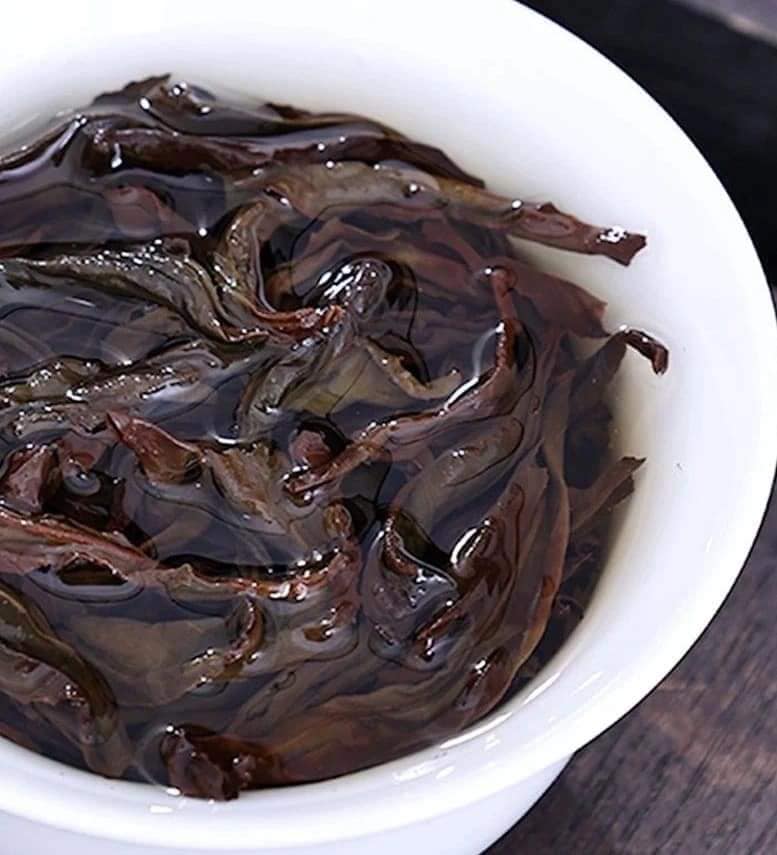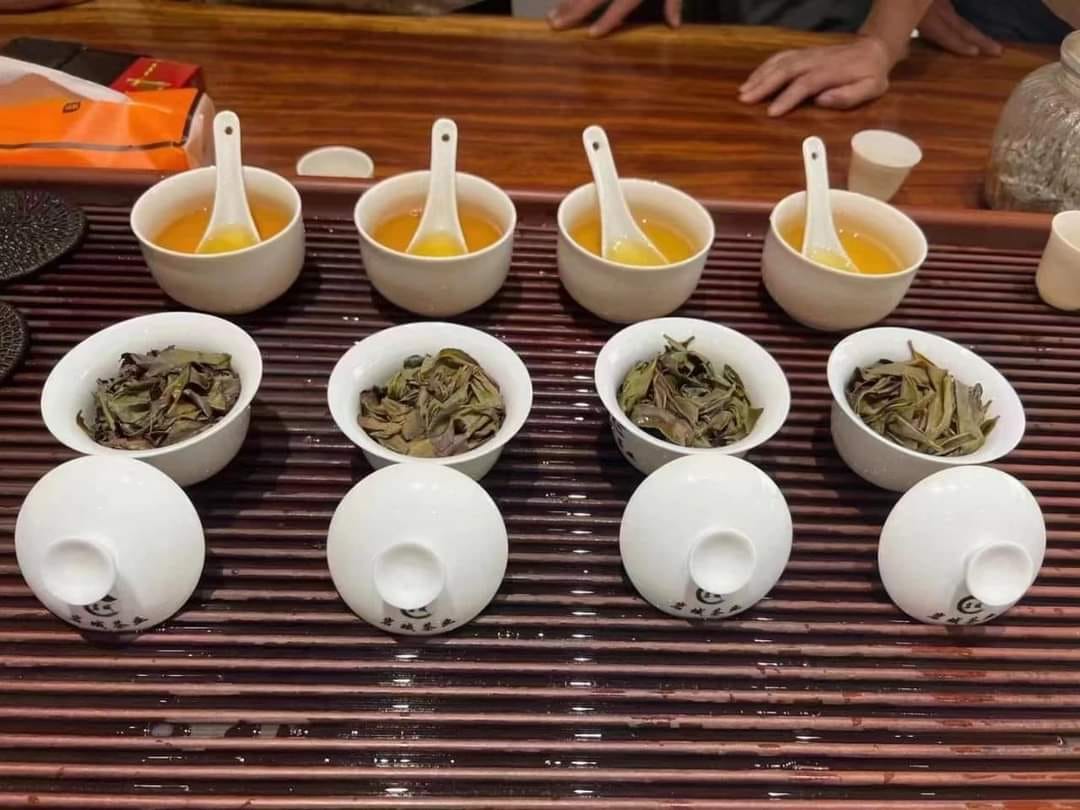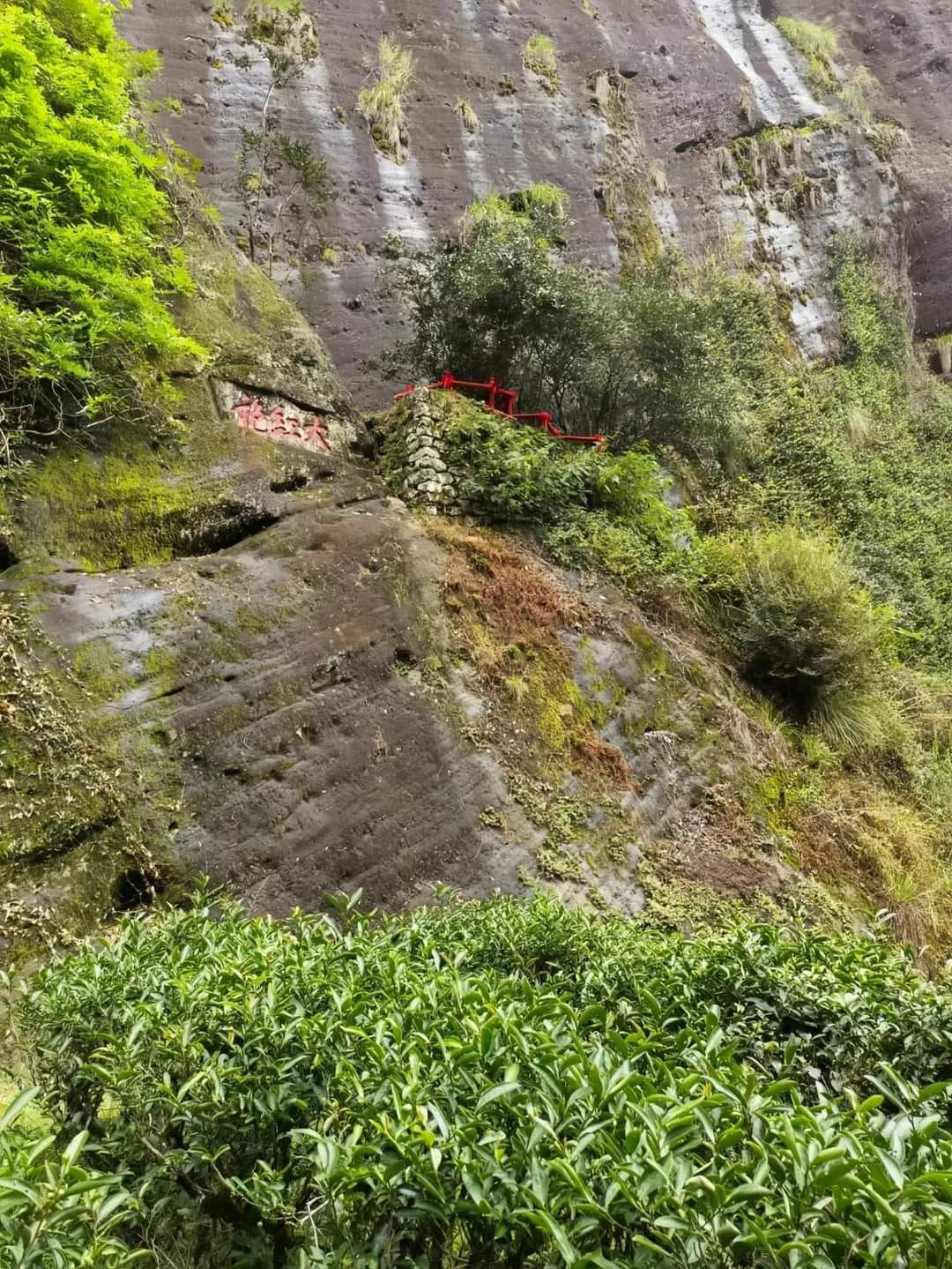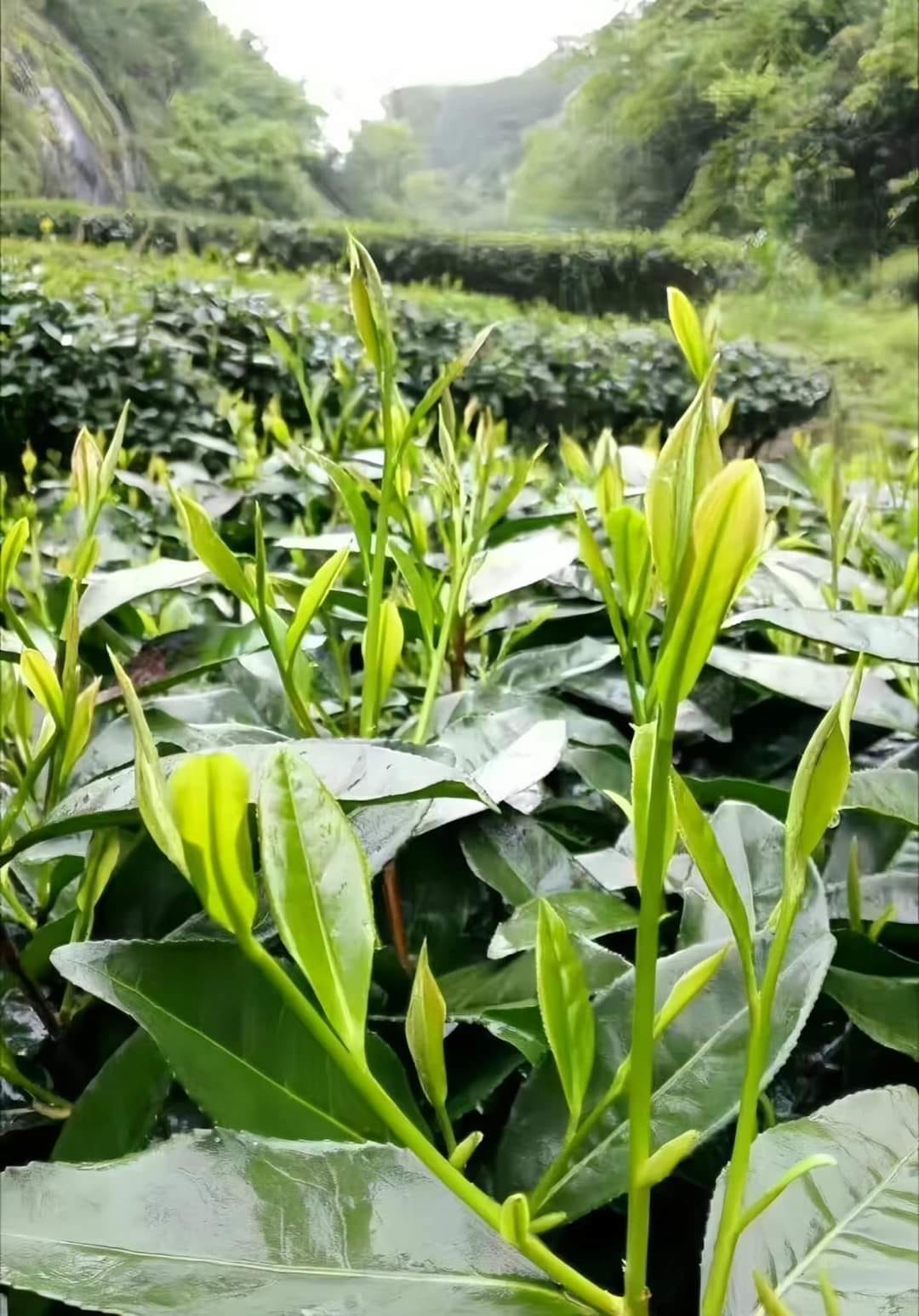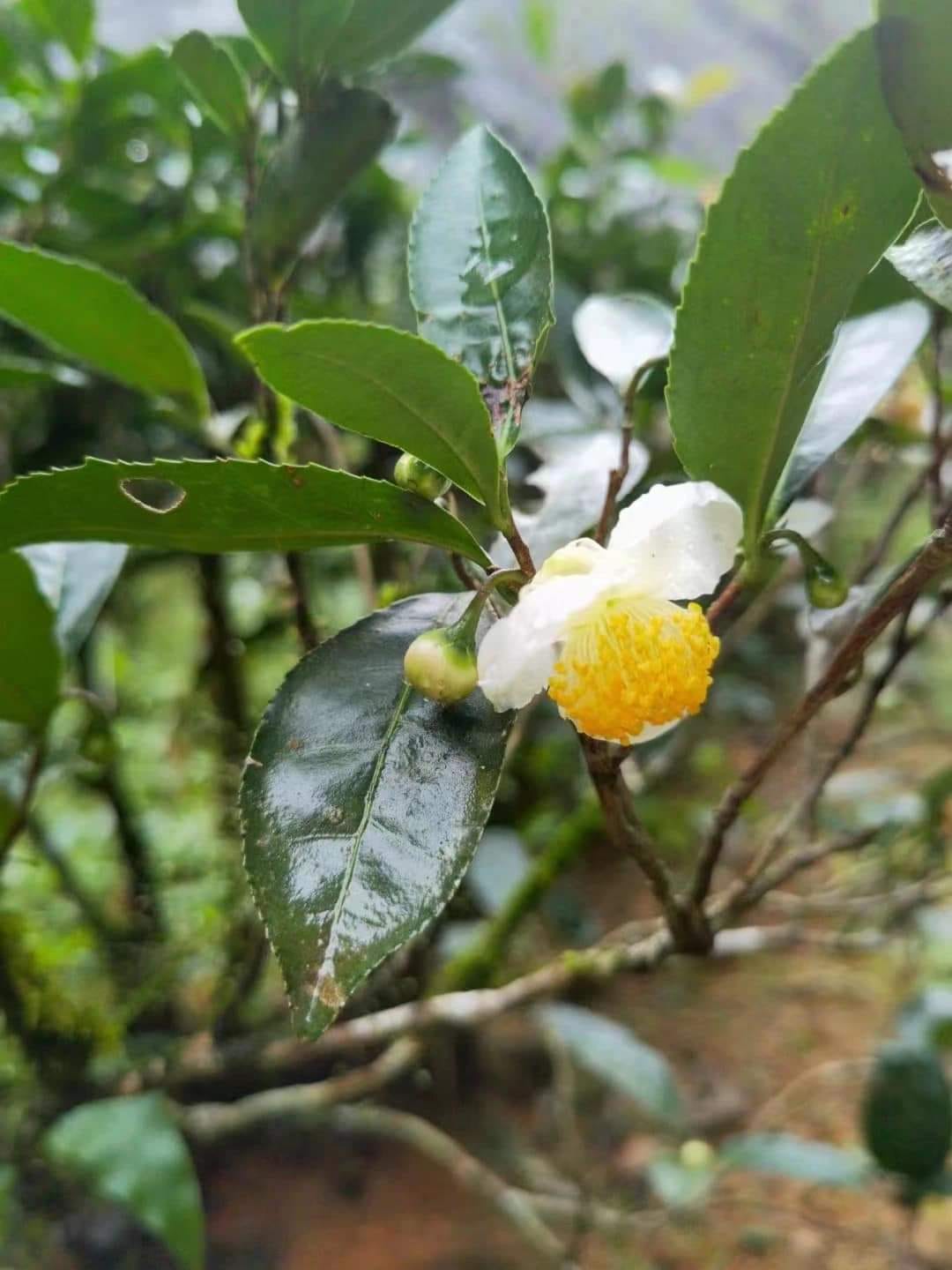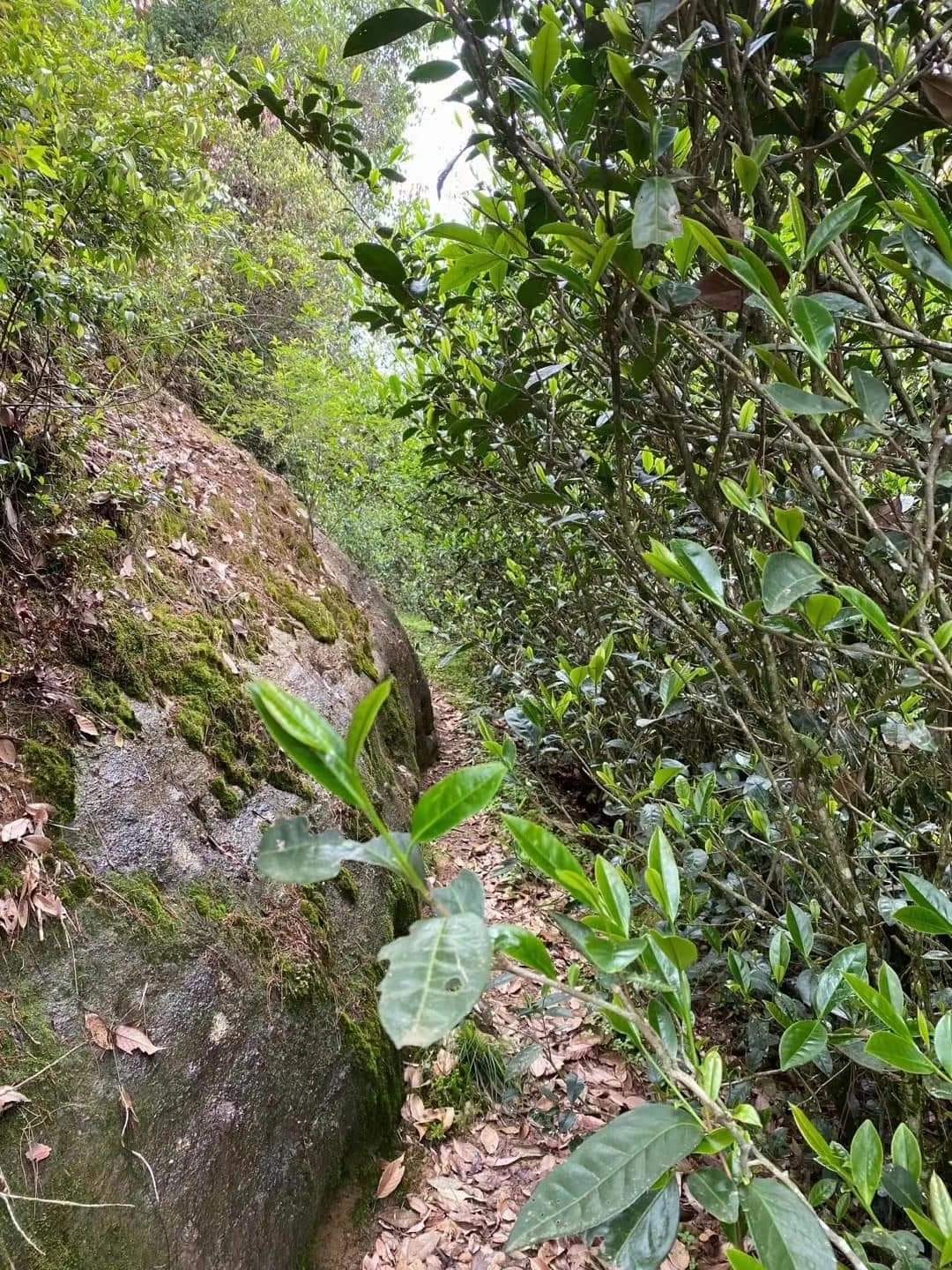2023 Da Hong Pao - Ding Yun You Lan
2023 Da Hong Pao - Ding Yun You Lan
Couldn't load pickup availability
Chinese name: 大紅袍-鼎韻幽蘭
TSH says:
"Mellow and rich, orchid aroma of a secluded valley with a sweet sensation, and the aftertaste is quick and long-lasting. Slightly bitter and astringent upon entry, overall delicate, with a strong and rich "rock bone" and flavor (the key term "岩骨風韻" refers to the mineral characteristics and terroir influence of Yancha).
Da Hong Pao belongs to oolong tea, is one of China's top ten famous teas, the King of Wuyi Yancha, the best of oolong teas, and can be called a national treasure. Produced in Wuyi Mountain, Fujian. The appearance has tightly rolled strips, and the tea soup is orange-yellow and bright. The aroma is rich with an orchid fragrance, the aroma is high and long-lasting. The taste is mellow, sweet, and fresh, with a distinct "rock flavor" (岩韻). The infused leaves are vibrant, with a distinct green leaf with a red border characteristic.
The superior natural conditions of the Wuyi Mountains, such as soil, climate, and humidity, form a unique climate, coupled with the production process that has been evaluated as "Intangible Cultural Heritage," make the Da Hong Pao that grows there innately extraordinary, with superior quality, unique characteristics, rich aroma, sweet aftertaste, and a distinct "rock flavor." The tea gardens are managed according to national green organic standards.
Regarding the blending of Da Hong Pao:
The variety style of "purebred Da Hong Pao" is relatively simple. To pursue a more perfect taste, tea masters will blend. For example, Qidan and Beidou are blended together, or Qidan or Beidou are blended with other varieties of Wuyi Yancha. The blending of Da Hong Pao gradually dilutes the variety concept. As long as it is Wuyi Yancha, various blends can be made according to taste requirements, somewhat like a cocktail. The blended Da Hong Pao is called "commercial Da Hong Pao."
Blending does not mean a decrease in quality; on the contrary, Da Hong Pao is commercialized because of blending. For example, take the best of fragrant tea and the best of tea with excellent tea soup taste. It may sound simple, but it is by no means simply mixing two or several different types of tea that can be called blending. Blending masters must have a certain level of tea evaluation ability, strictly control the raw materials, ensure that the raw materials have consistent roasting, the aromas blend together, the tea and water are compatible, and carefully blend according to specific proportions, in order to maximize the advantages of the tea leaves and make the blended tea taste natural and pleasant."
Share
